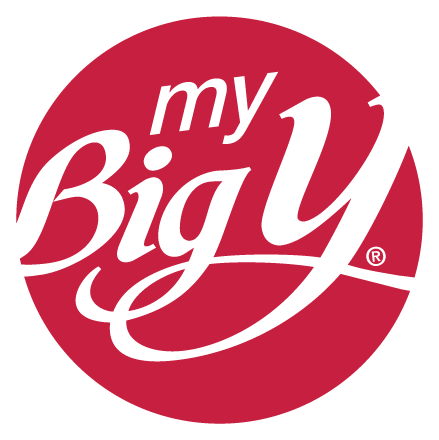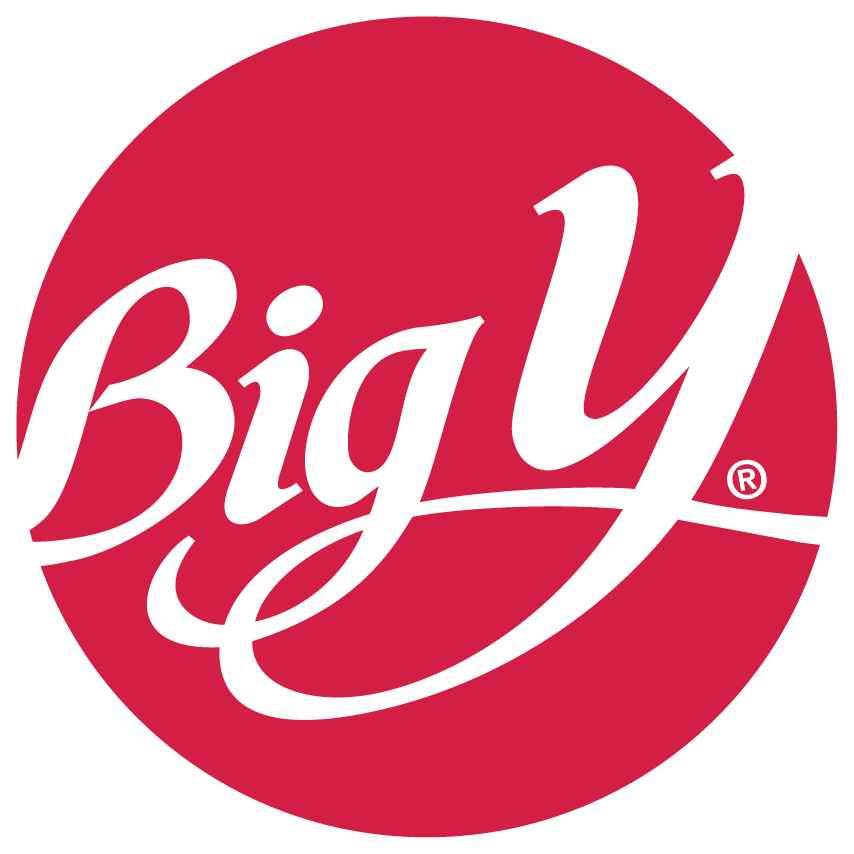
Tips for Going Plant-Based During Pregnancy
Going meatless? Rest assured, your needs can be met through a plant-based meal plan. Knowing the role certain nutrients play, as well as where to get adequate amounts of each, will ensure a happy and healthy pregnancy. Read on for tips when following a vegan, vegetarian or semi-vegetarian meal plan during pregnancy.
Protein. Protein is essential for tissue repair and baby's growth. Protein can be obtained from a variety of plant-based sources including pulses, which include dried beans, peas, lentils and chickpeas, as well as tofu, tempeh, nuts, seeds and soy beverages. If incorporating animal foods into meals, eggs, seafood and dairy products are excellent sources.
Zinc. Zinc plays a crucial role in the development and growth of baby. A meal plan that includes tofu, black and kidney beans, lentils, nuts and seeds will provide adequate zinc during pregnancy. Zinc can also be found in animal products like oysters, crab, lobster, yogurt and cheese.
Vitamin B12. Vitamin B12 promotes proper development of baby's brain and spinal cord. Though vitamin B12 is found predominantly in animal products, many plant-based sources are fortified with vitamin B12 including breakfast cereals, nutritional yeast and meat alternatives such as tofu and tempeh.
Iodine. Iodine is vital for baby's brain growth and development. Iodine can be obtained from iodized salt and sea vegetables like kelp and nori, as well as eggs and seafood.
Omega-3s. Omega-3 fatty acids, specifically docosahexaenoic acid (DHA) and eicosapentaenoic acid (EPA), are vital during pregnancy because they play a role in the development of baby's brain and eyes. Certain brands of foods are fortified with these types of omega-3s including milk and pasta sauce. If incorporating seafood, DHA and EPA omega-3s can be found in fatty fish and seafood.
Iron. Iron helps your body make the extra blood it needs to support the growth of baby while transporting oxygen from the lungs to the rest of your body. Iron can be found in beans, lentils, tofu, grains, nuts, seeds, dark chocolate and fortified breakfast cereals. If consuming seafood, many sources such as oysters and sardines contain iron.
Vitamin D. Vitamin D plays an essential role in the absorption of calcium and phosphorus to support strong bones for you and baby. Vitamin D can be consumed through fortified sources like breakfast cereals, soy beverages and orange juice. Vitamin D can also be found in seafood such as salmon, tuna and mackerel, as well as cod liver oil, dairy products and eggs.
Calcium. Calcium plays a role in development of baby's bones, heart, nerves and muscles. Calcium can be obtained through fortified sources like breakfast cereals, soy beverages and orange juice. It is also found in tofu, tempeh, tahini, dark leafy greens and edamame. Dairy products can provide an excellent source of calcium, too.
Folate. Folate is vital in the proper growth of baby's brain and spinal cord. Folate is found in a variety of vegetable-based foods including oranges, spinach, asparagus, Brussels sprouts, romaine lettuce, avocado, broccoli, peas and kidney beans in addition to grains fortified with folic acid such as breads and cereals.
Regardless of food choices, it is recommended that women of childbearing age take a prenatal vitamin with minerals before, during and after pregnancy to obtain nutrients often missed through foods. If you think you may be missing out on any of these important nutrients, talk to your healthcare provider to see if additional supplementation is warranted.


